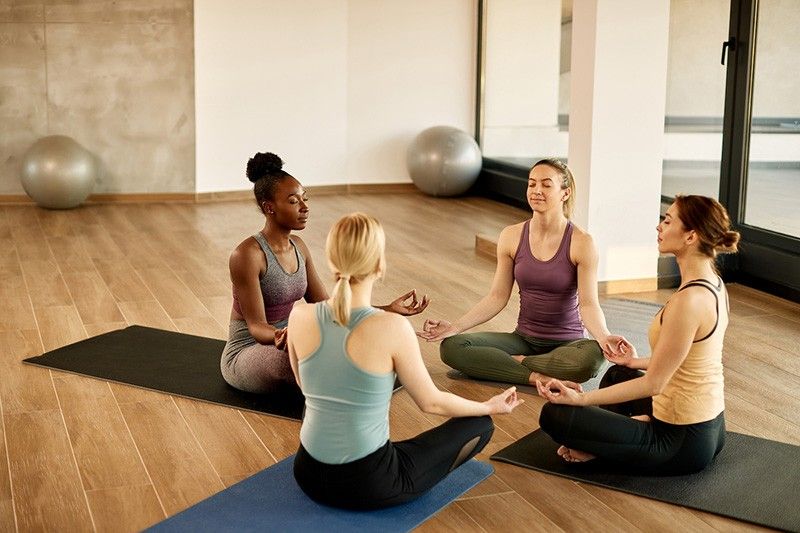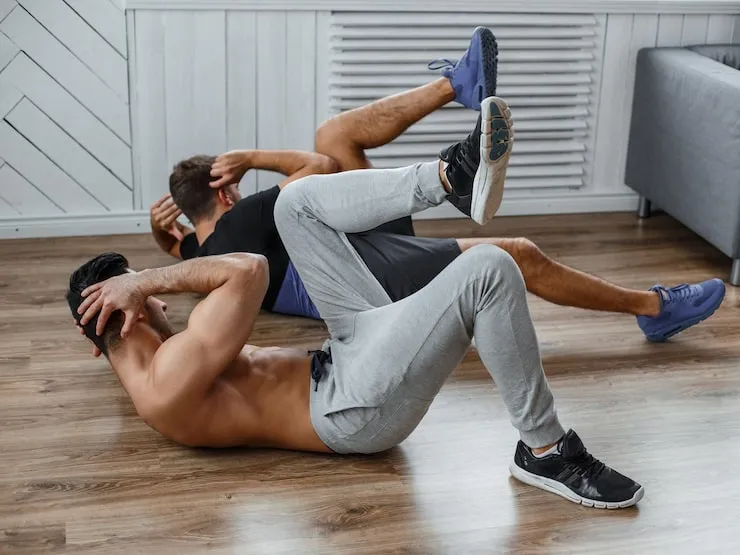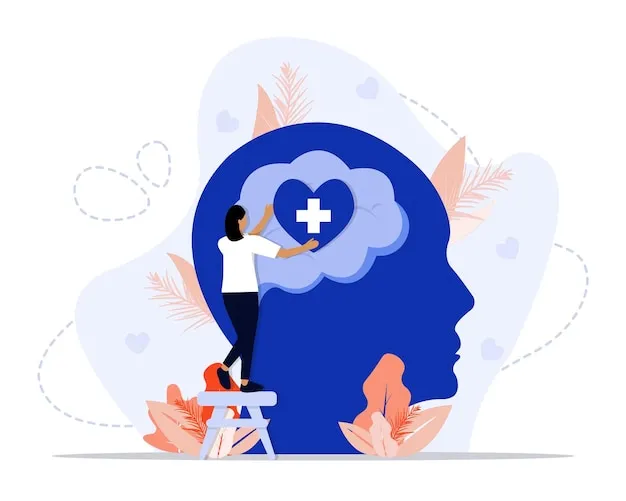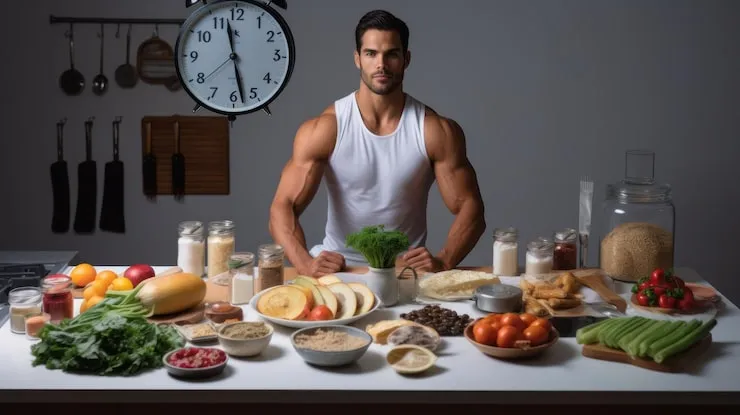When it comes to the female body, there are a lot of physiological differences that impact health conditions, body composition, and even how we work out and feel pain. It’s time we shine a little light on how women’s fitness is its own unique ballgame. Knowing your body a little bit more can help you feel even more empowered when it comes to your health!
What Is “Women’s Fitness and Health,” Anyway?

While it may seem straightforward in its name, what do women’s fitness and health actually encompass? Hint: it’s more than reproductive health, hormones, and PMS (though that does comprise a significant branch of women’s wellness!) Important topics in women’s fitness and health include diet and exercises that are best suited for a woman’s unique makeup, specific issues (such as bladder health and bone density) and symptoms that are unique to the female body, and even mental and emotional health as it pertains to the female life experience.
Some Stuff You (Maybe) Didn’t Know About Women’s Bodies
As women, we have some pretty unique health challenges that differentiate our bodies from our male counterparts (as a note: this is referencing data on biological sex and the corresponding physiological makeup).
Women may have different oral health experiences than men. A scholarly article from 2001 reported that women’s hormones influence oral health and that “the health of a woman’s body and oral cavities are bidirectional.”
Why does women’s fitness differ from men’s? Because the composition between the female and male body differs; men tend to have more lean muscle, whereas women carry more fat (this can affect metabolism and metabolic disease risk, too). With different body types, the best exercises for women will be different!
Iron-deficiency anemia affects more women than men, which can cause significant fatigue (among other symptoms). And, autoimmune diseases affect women 2:1 compared to men.
Quick Health Tips From a Hormone Expert
Lara Briden, ND, a Naturopathic Doctor with more than twenty years of experience in women’s health (and the author of Period Repair Manual and Hormone Repair Manual), tells FitOn:
Don’t Restrict: “Young women need to be careful with a low-carb or keto diet because undereating carbs can cause some women to lose their period — especially women under 30 who have not yet matured their menstrual cycle.”
And aside from promoting an unhealthy relationship with food, extreme dieting can actually backfire — that’s right, it can cause you to hold on to weight! So, ladies, it’s time to ditch the diet mindset. Rather than deeming foods “good” or “bad” or focusing on calories, try to focus on what you’re adding in. Think of food as fuel and nourishment!
Get Outside. “Walking within nature or “green exercise” supports the parasympathetic part of the nervous system that promotes sleep, healthy digestion, and emotional resilience.” And, it doesn’t have to be a lengthy ordeal — we know you’re busy! According to research, you can get all of the benefits with as little as 10 minutes a day in nature.
Time Your Workouts. “Estrogen is anabolic, which means it helps to build muscle. That’s why women find it easier to gain muscle in the first half of the menstrual cycle when estrogen is high (And harder to gain muscle with menopause, when estrogen is lower).” So consider adjusting your workout schedule accordingly! Learn how to work out based on your menstrual cycle here!
Work Your Muscles. “Muscle is a beneficial endocrine organ, which is why strength training has been found to improve hot flashes, cognition, and brain health during the menopause transition.”
How Exercise Helps Women Stay Healthy?

The good news: all exercise is good exercise. And there’s no such thing as a “girl workout” (a solid Pilates workout will ignite your abs regardless of your gender identity or biological makeup) — so whatever gets YOU excited is going to be great for your body, mind, and future!
General Benefits of Exercise
Regardless of sex, gender, age, build, or whether you prefer Tabata to ballet barre, exercise benefits all of our health universally.
Physical Health
Whether your goal is sleeping better, improving your metabolism, building more muscle, or increasing your stamina — exercise has got you covered.
Mental health
You know that totally-relaxed, euphoric feeling you get after you crush a solid workout? It’s not all in your head! From lowering stress to boosting your mood, physical activity has a profound effect on your mental health. In fact, exercise has been shown in studies to directly improve mental, emotional, and psychological wellbeing. This includes decreased anxiety and stress, improved self-esteem and confidence, and even enhanced cognitive function. Whether it’s mind-clearing yoga or mood-boosting dance, the benefits are powerful.
Bone and Joint Health Support
Bone density is a concern for women (particularly in the over-65 category) as osteoporosis is nearly five times more common in women. Exercise can help your bones and joints stay strong, so you’re mobile and fierce no matter what your age.
YES, You Can Lift Weights
Speaking of bone density, there’s something we need to clear up: “lifting makes women bulky” is a myth we seriously need to debunk. You simply won’t “bulk” unless you’re on a plan to do so — our hormones are not set up to allow our bodies to create that built-out muscle you see in some male bodies (this comes from high levels of testosterone).
Healthy Eating Tips

It probably comes as no surprise that eating a healthy, wholesome diet serves to benefit all bodies, including the female body. But it’s important to keep in mind that everyone’s body is different — your diet might require different types of foods than your mom, sister, cousin, or best friend. We’ve all got a completely unique makeup; that said, there are some healthy eating tips that are (almost) universal when it comes to women’s fitness and health.
Focus on REAL Food
Add as many wholesome, unprocessed foods into your diet as you can. You don’t necessarily need to eliminate anything as much as you’ll want to add in the good stuff.
Think about crowding out those not-so-healthy choices with nutrient-dense foods. Try these healthy swaps.
Stay Hydrated
An estimated 75% of Americans are chronically dehydrated — don’t let this be you! It might seem like no biggie, but inadequate water intake can lead to fatigue, irritability, constipation, and other health conditions. Plus, it can even lead to weight gain and decreased fitness performance! So, be one less dehydrated woman by carrying around a reusable water bottle to refill throughout the day. Need a flavor boost? Try some freshly squeezed lemon in your water and consider adding some hydrating foods to your diet too, like melons, oranges, berries, cucumbers, and soups.
Enjoy a Protein-Rich Breakfast
Get your protein in early. “Eating protein by 10 am sends beneficial signals to the ‘clock genes’ that regulate insulin and metabolism,” says Dr. Briden. “That’s why a protein breakfast can help to regulate circadian rhythm and promote weight loss.”




